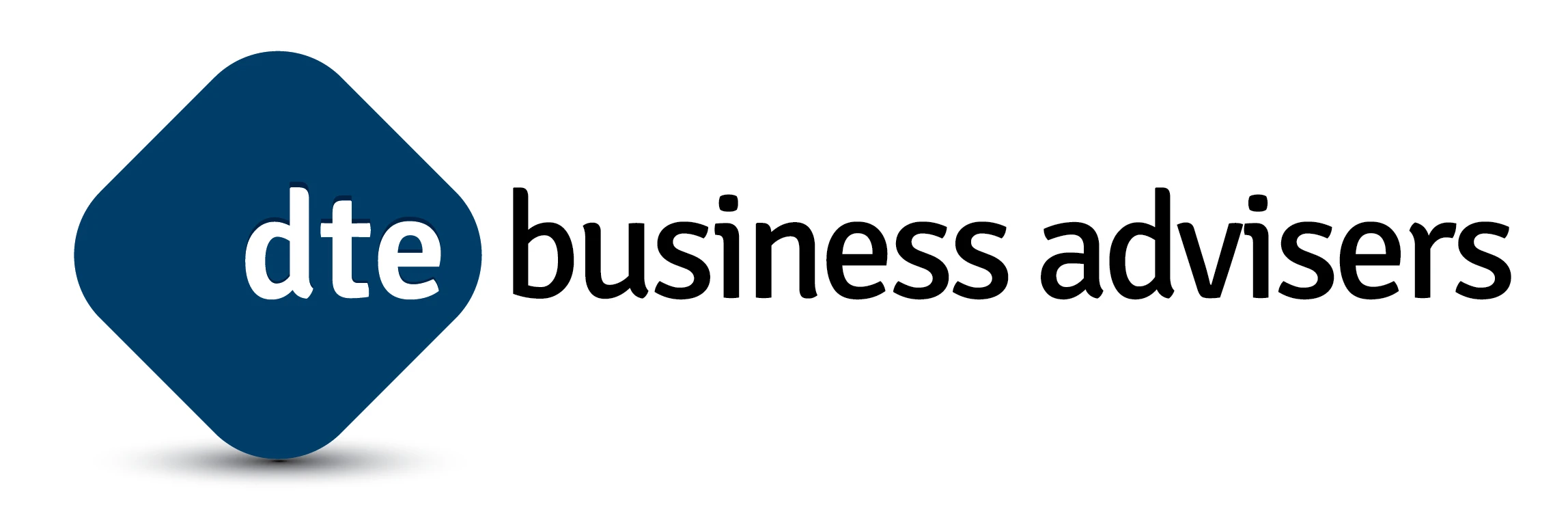Do you get confused about what to include on your P11d form? If you're currently in the process of preparing your p11d form, chances are you've overlooked a couple items. In fact, we would go so far to say that most people miss at least one thing. So here we’re going to walk you through five of the most common items to include, as well as the most often overlooked item.
1.) Assets
Where assets have been transferred to an employee or made available to them for private use. This could be from ‘white’ goods to electrical equipment, furniture, or even high value items such as property, yachts, or an aircraft.
Where an asset has been made available to more than one employee, you would need to include details of each employee that the asset was made available to, as an apportionment may be necessary.
2.) Car fuel
A benefit will arise where an employee has been provided with any private fuel, whether or not they have had use of a company car.
No benefit will arise if the cost of the fuel has been reimbursed by the employee. This is also the case where the business only pays a mileage allowance (using HMRC approved rates) to cover the cost of business travel. This does not however include regular commuting from home to work.
3.) Personal expenses
This could be anything settled by the business on behalf of employees that has not been recovered by the business. For example, income tax liabilities or personal tax return fees.
4.) Medical/dental insurance and treatments
A benefit will arise where the business has provided private medical/dental insurance or has paid for any specific treatments on behalf of employees.
5.) Goods or services
This includes goods or services supplied at less than cost. For example, professional services such as accountancy fees or work by a building company carried out at the employees’ home, if not fully charged.
What Is the Most Commonly Overlooked Item?
Loans to employees
One of the main items that gets missed is the notional interest on directors’ loan accounts.
Many people, even accountants, are mistaken in thinking that if the balance on the loan account is less than £10K at the end of the year, it does not apply. However, this is not the case. When the balance exceeds £10K at any point in the year, it should be included.
If you would like to speak to someone regarding the content in this blog, contact DTE Tax Consultancy in Bury on 0161 767 1291.






















